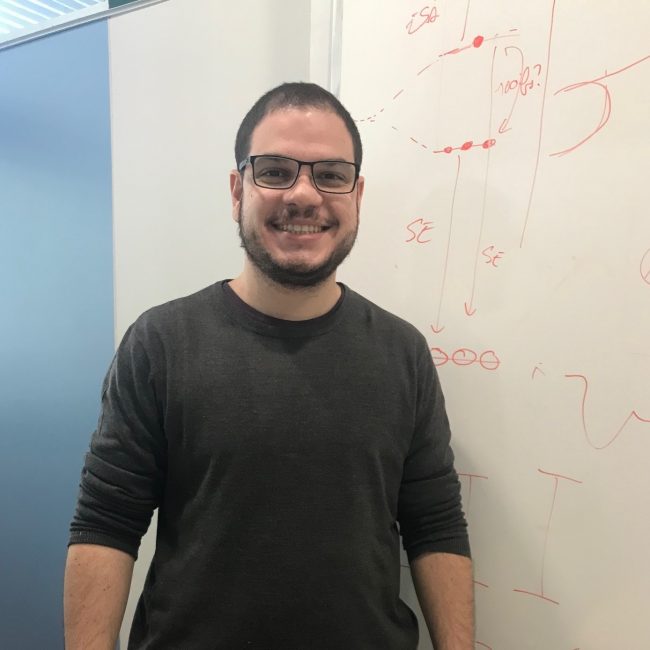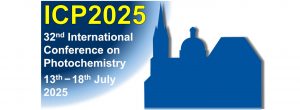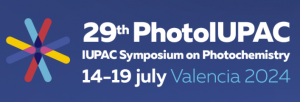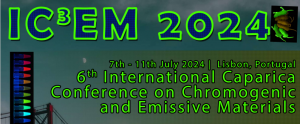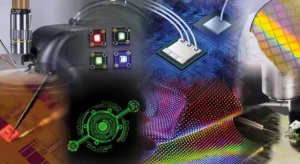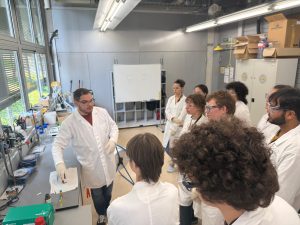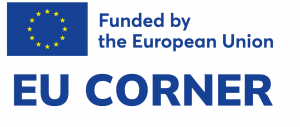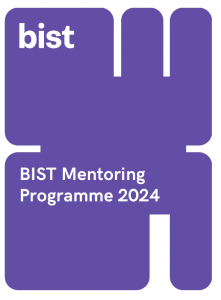In deBioLED, I seek to design bioinspired chromophore-protein complexes of high red emission efficiency to fabricate the next generation of eco-friendly color converting layers (CCLs) of organic light-emitting diodes (OLEDs). Despite OLEDs already consume 70% less energy than typical lighting sources, their production still depends on a high input of energy and use toxic components yet yielding devices of poor stability. Given the on-going energetic and environmental crisis, it is crucial to push the development of OLEDs towards the usage of greener and recyclable materials, together with faster and simpler fabrication protocols. I propose to construct supramolecular assemblies of great color purity and photostability by inserting synthetic chromophores into protein matrices to compose CCLs that will be coupled with OLEDs to render white light emitting devices. These renewable CCLs will allow the production of efficient OLEDs with only a few layers to avoid creation of morphological defects, which helps to prolong the devices durability. The CCLs will be built with de novo designed proteins, scaffolds that offer a precise way to accommodate synthetic chromophores by controlling their relative distance and environments. With that protein platform, I will tune the chromophores emission properties and promote energy transfer paths similarly to natural photosynthetic pigment-protein complexes. I will use two different red emitting chromophores to convert part of the OLED blue emission to red, so the combination of emitted colors will yield white light. Red light extraction from CCLs will be boosted by enhancing the density of chromophores on the excited state as one of them will transfer the acquired excitation energy from the OLED to the other in a cascade of events, studied by ultrafast time-resolved spectroscopy. Thus, by engineering intricated photophysical phenomena within de novo proteins I will deliver a new strategy to improve the efficiency of bioinspired CCLs.
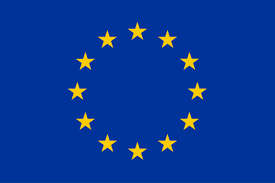 This project has received funding from the European Union’s Horizon 2020 research and innovation program under grant agreement 101107810
This project has received funding from the European Union’s Horizon 2020 research and innovation program under grant agreement 101107810
